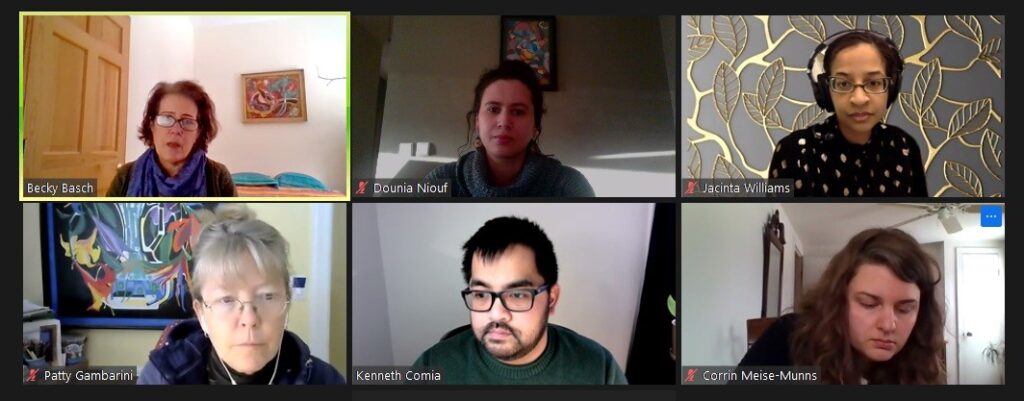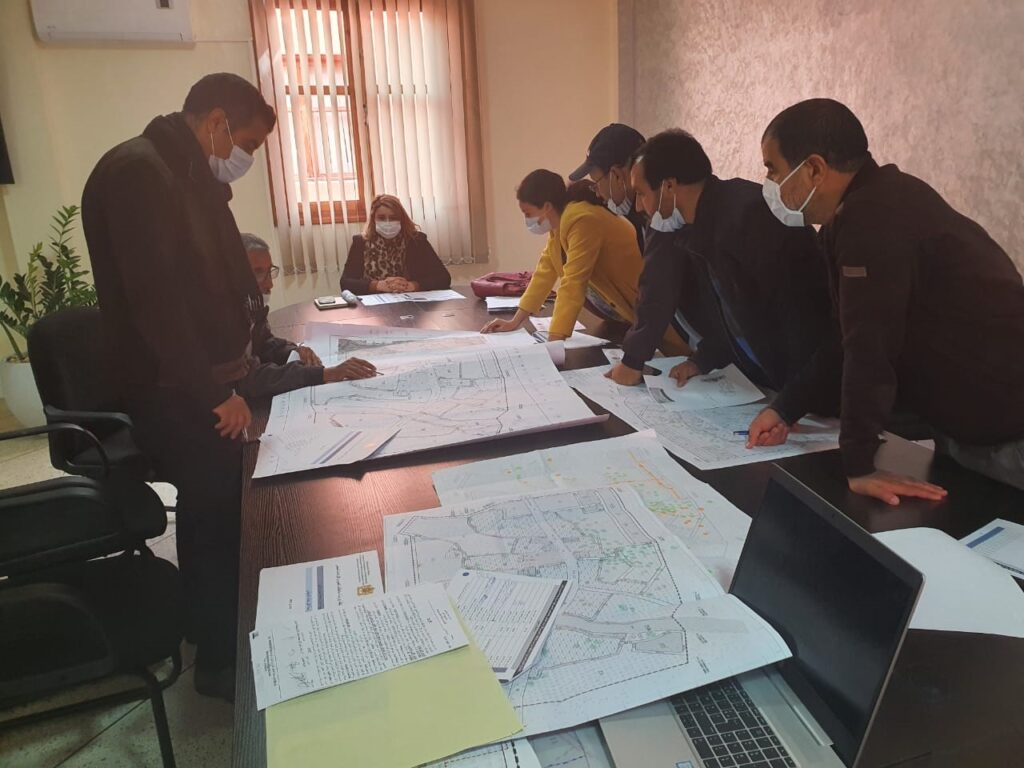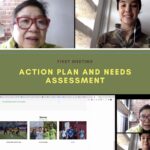My virtual fellowship at PVPC started on February 16, 2021. Throughout the two weeks of this intercultural experience, I have had the opportunity to learn about the dynamics of civic engagement in the planning process, particularly in urban and territorial development. My host organization, which is a regional planning agency, tries to engage community members in different phases of planning and develop their civic collegial spirit and cooperation as they discuss the projects related to the future of their cities and towns.
Even though the in-person experience is missed, the online sessions offer a great platform to exchange ideas and I’ve been delighted to meet many wonderful people: the PVPC team from different sections (land use and Environment, transportation, public affairs, economic development), a university teacher involved in community engagement and neighborhood development, and I also had the chance to be part of several focus groups and visioning sessions with neighborhood representatives.
When I started this fellowship, I wasn’t familiar with the urban strategies in the United States or the cities and towns in Massachusetts. But now I start to gain some knowledge about it as I’m invited to several meetings related to projects in Agawam, Blandford, Springfield, Holyoke or East Longmeadow. Here is photo of our online meeting.

The PVPC works on different projects (climate change, hazard and mitigation plan, master’s plan, open and recreational spaces plan…), projects that have a lot in common with my work in my home organization; which makes the expertise I’m developing very useful and applicable.
Planning session in Morocco (Taroudannt Urban Agency Committee Meeting

Moreover, my host tried to make this experience also culturally rich as they invited me virtually to their houses and allowed me to meet their families via a cooking session. This session was an opportunity to talk about American food, culture, weather, the city they are living in…the list goes on!

All opinions expressed by the program participants are their own and do not represent nor reflect official views from the Bureau of Educational and Cultural Affairs of the U.S. Department of State, or of the Institute for Training and Development, Inc.



